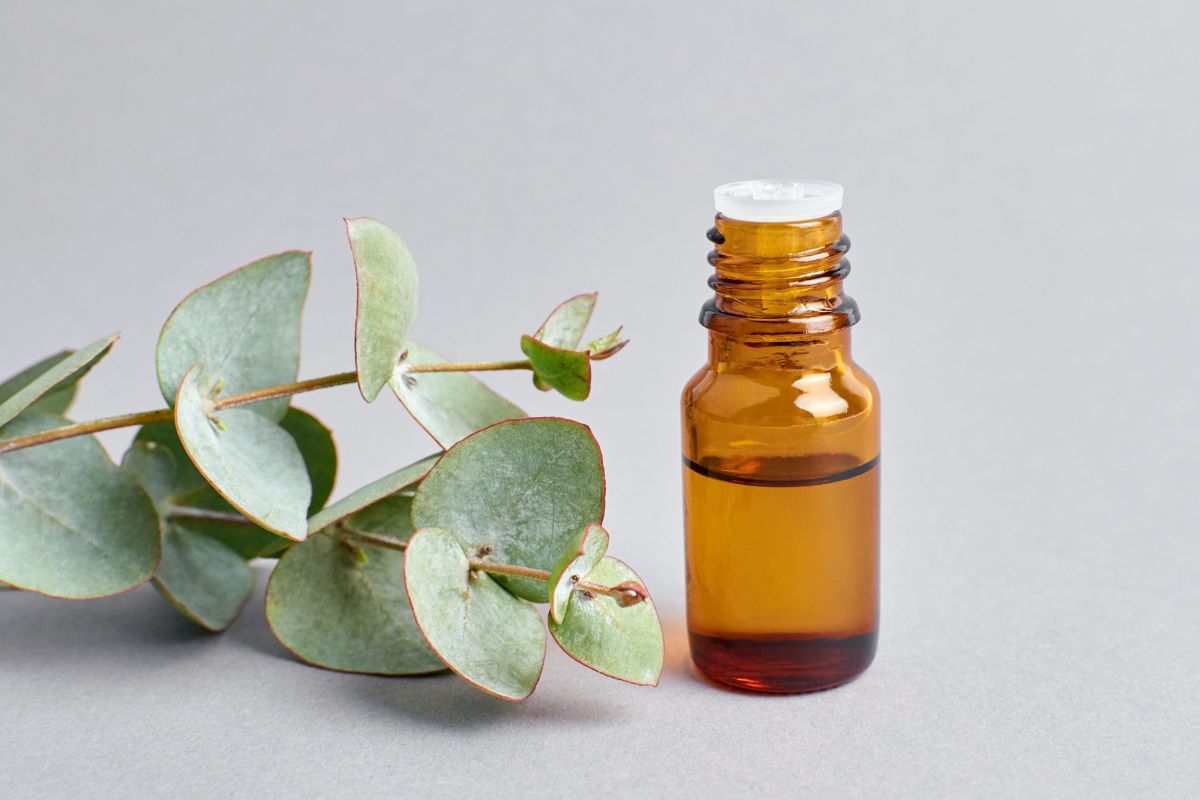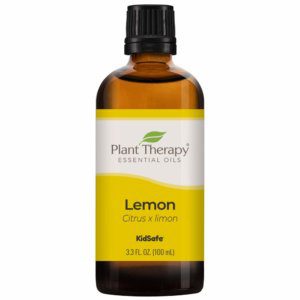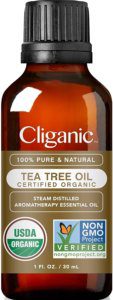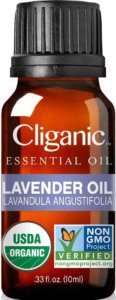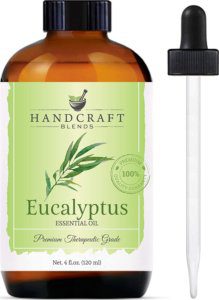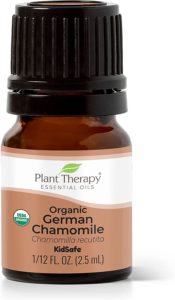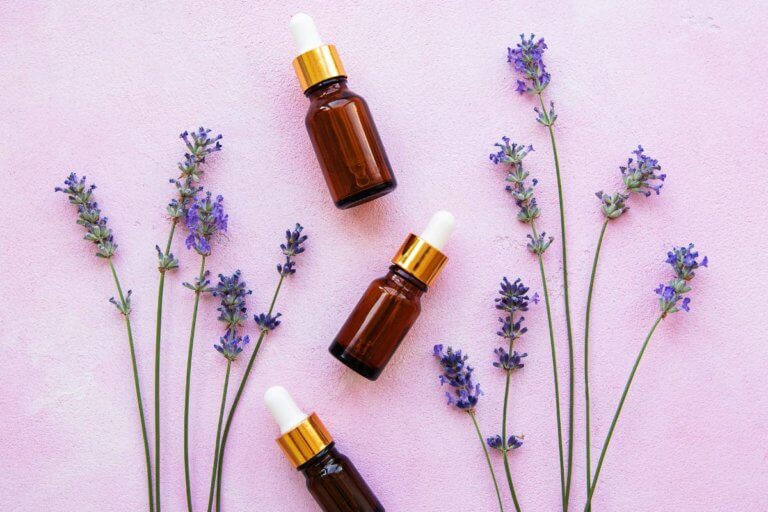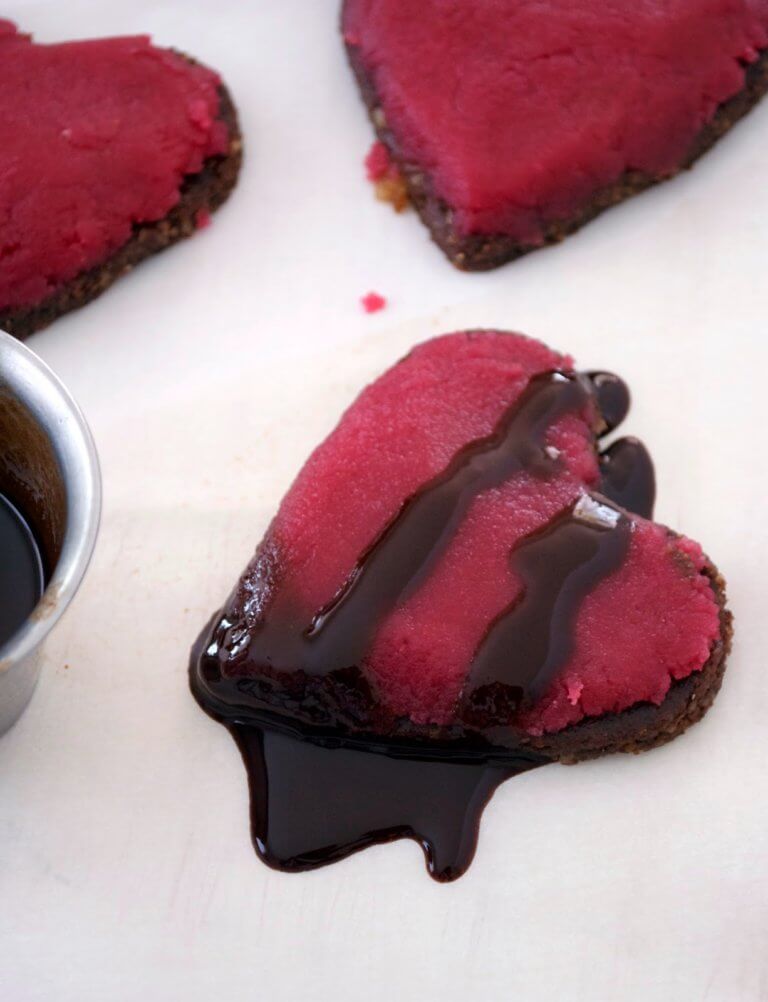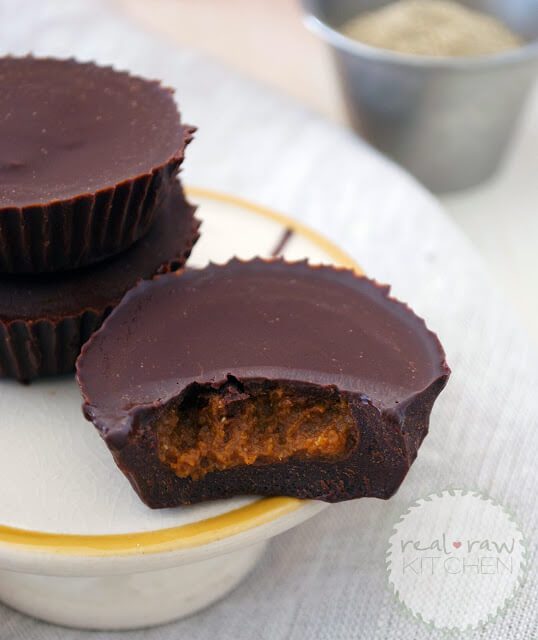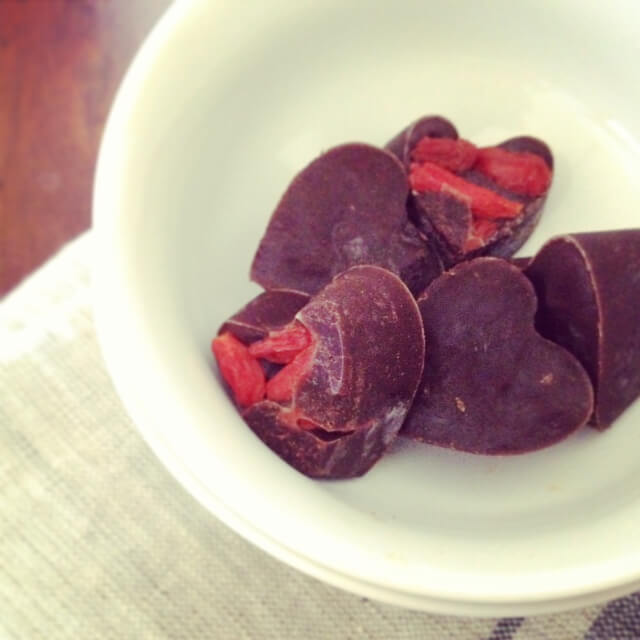Okay listen, I’m not one to just put out some recommendations without going through the facts first. After all, I mostly write about rabbit holes I’ve already ventured down myself.
So in order to understand which essential oils you’re choosing, you’ll first need to understand how the entire lymph system works. (and all the current research on essential oils)
That’s what I’m going to do here. You can jump ahead to the list if you want, but I’m going to do my due diligence up here.
Current research on essential oils and lymph nodes
Clinical research on the use of essential oils and their effects on lymph nodes is limited. However, in recent years, there has been some research investigating the use of essential oils in aromatherapy and massage for reducing the symptoms of lymphatic conditions such as lymphedema.
A study published in the International Journal of Nursing Practice in 2018 found that a massage with essential oils of lemon and cypress helped to reduce the volume and improve the symptoms of lymphedema in the arm.
Similarly, a study from 2020 published in the Journal of Complementary and Integrative Medicine investigated the use of essential oils as a complementary therapy for lymphedema patients and found that a massage with essential oils of cypress, lemon and lavender oil showed a reduction in the volume and limb circumference and also improve patients quality of life.
However, it is important to note that the current evidence on the use of essential oils for lymphatic conditions is still limited, and more clinical research is needed to establish their safety and effectiveness. It’s always best to consult with a healthcare professional before using any essential oil, especially if you have a medical condition.
How the lymphatic system works
The lymphatic system is an important part of the body’s immune system and helps to fight infection and disease. It is made up of a network of vessels, nodes, and organs that help to remove toxins and waste from the bloodstream.
The lymphatic system is responsible for carrying lymphatic fluid throughout the body and helps to maintain fluid balance in the body by transporting excess fluid and waste products from the circulatory system (as in blood circulation) to the lymph nodes, where they are filtered and removed. It also plays an important role in the immune system by transporting immune cells to sites of infection or disease.
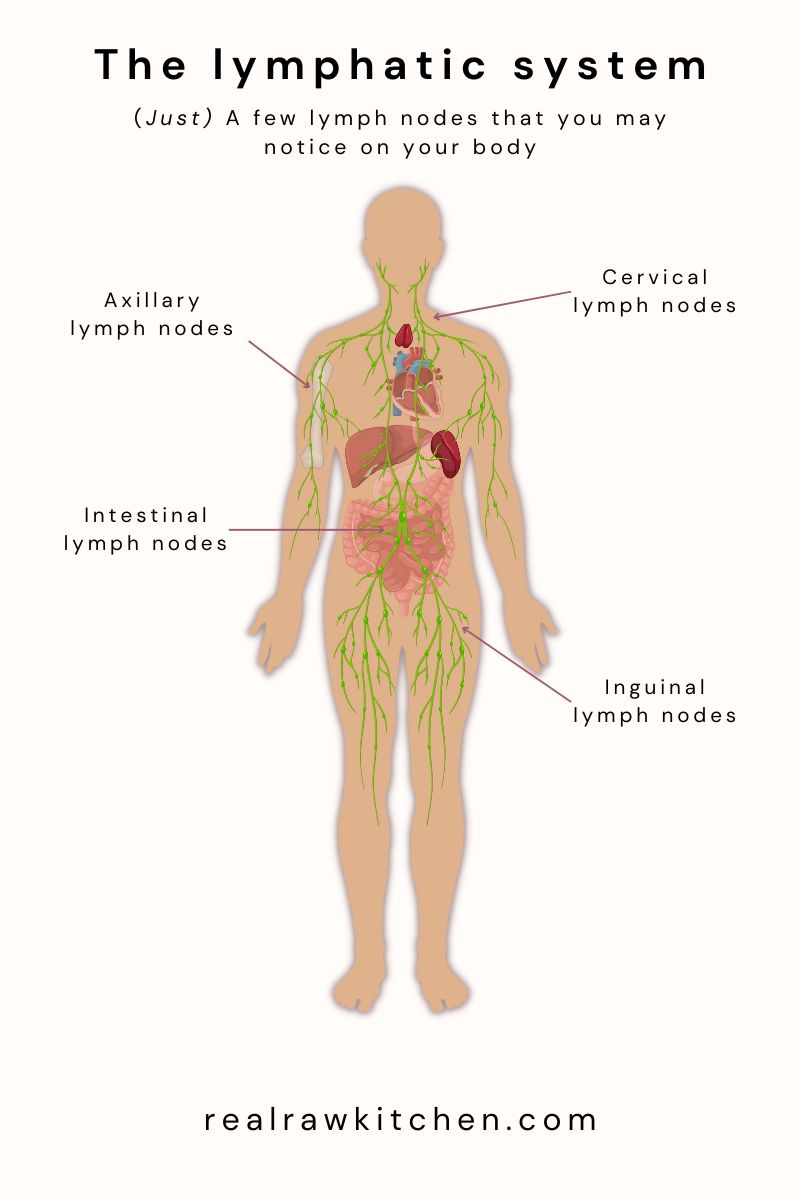

This fluid is made up of white blood cells and other substances that help to fight infection and remove excess toxins from the body. The lymph fluid is transported through the body by a network of vessels and nodes. The lymph nodes are small, round organs that help to filter out toxins and bacteria.
A healthy lymphatic system is essential for overall health and wellbeing. If the lymphatic system is not functioning properly, toxins can build up in the body and cause inflammation, fatigue, and illness.
Overall, the lymph system is an important part of the body’s immune system. It is responsible for carrying lymphatic fluid throughout the body and filtering out toxins and bacteria.
Lymphatic fluid is a clear, colorless fluid that is made up of white blood cells, called lymphocytes, and other substances that help to fight infection and remove toxins from the body. Lymphocytes are a type of white blood cell that are important for immunity development. They play an important role in identifying and destroying pathogens and foreign substances in the body.
There are two main types of lymphocytes: B-cells and T-cells. B-cells produce antibodies to fight against bacteria and viruses, while T-cells help to recognize and destroy infected or abnormal cells.
The lymphatic system is responsible for transporting this fluid with all the immune action through the body by a network of vessels and nodes. The lymph nodes are small, round organs that help to filter out toxins and bacteria.
The lymph node acts as a filter for the lymph fluid, trapping and destroying bacteria, viruses, and other harmful substances. The lymph nodes also produce white blood cells, which help to fight infection and fight disease.
The lymphatic system is important for overall health and wellbeing, as it helps to keep the body free of toxins and bacteria.
How to use these essential oils for your lymph system
There are a few ways to use essential oils in general, but especially for your lymph nodes.
My favorite is with a lymphatic drainage massage using oil infused with your chosen essential oils (self-massage counts too!).
To give yourself a lymphatic drainage massage, start by using light pressure and making small circular motions with your fingertips. Start at the feet and work your way up the legs, arms, and torso, with the direction of the massage always being towards the heart. As you go, use a bit more pressure and make bigger circles, but still keep it light. After finishing your massage, take a few moments to rest and relax.
You can also add them to a diffuser, though the method would fully depend on recommended use and dosage for each essential oil.
Best essential oils for the lymphatic system
An essential oil blend of one or several of these essential oils may be helpful in your efforts to support your lymph nodes.
There are several essential oils that are believed to support the lymphatic system, including:
Lemon Essential Oil
Lemon essential oil is an effective lymphatic stimulant that helps to flush out toxins and stimulates lymphatic drainage.
Lemon essential oil is derived from the peel of the lemon fruit and is known for its refreshing and uplifting scent. It is believed to have a wide range of potential health benefits, including supporting the lymph system.
One of the primary ways in which lemon essential oil is believed to support the lymphatic system is by helping to flush out toxins and stimulate lymphatic drainage. This is thought to be due to the oil’s high concentration of antioxidants, which are compounds that can help to neutralize harmful toxins in the body. Additionally, the oil’s ability to stimulate circulation is also believed to be beneficial for the lymphatic system.
Research on the use of lemon essential oil for lymphatic support is limited. A 2015 study published in the Journal of Traditional and Complementary Medicine investigated the use of a citrus-based aromatherapy blend, which included lemon essential oil, on patients with lymphedema. The study found that the patients experienced a significant reduction in limb volume and improvement in the symptoms of lymphedema. However, this was a small pilot study and much more research is needed to confirm these findings.
It’s important to note that while lemon essential oil may have potential health benefits, it’s not a substitute for medical treatment and it’s always recommended to consult with a healthcare professional prior to using it, especially if you’re using it for therapeutic purposes.
Cypress Essential Oil
Cypress essential oil is a powerful lymphatic stimulant that helps to reduce inflammation and promote healthy lymphatic flow.
Cypress essential oil is said to have many benefits for human health, including supporting the lymphatic system. The oil is derived from the needles and branches of the cypress tree, and it is known for its fresh, clean scent. Some of the benefits associated with cypress essential oil include:
- Lymphatic support: Cypress essential oil is believed to be a powerful lymphatic stimulant, meaning it can help to improve circulation in the lymphatic system and reduce inflammation. This can help to support the immune system and promote overall health.
- Respiratory support: Cypress essential oil is also said to have benefits for the respiratory system. It is believed to help to open up airways and make breathing easier, which can be especially beneficial for people with conditions such as asthma or bronchitis.
- Skin care: Cypress essential oil is also said to be beneficial for the skin. It is believed to have a tightening effect on the skin, which can help to reduce the appearance of wrinkles and fine lines.
It’s worth noting that the information on benefits of Cypress oil are not based on extensive and conclusive clinical research. Therefore, it is always best to consult a healthcare professional before using it for therapeutic purposes, especially if you are pregnant, nursing or under medication. And make sure to use it properly in a safe dilution as well.
Tea Tree Essential Oil
Tea tree essential oil is a powerful antiseptic that helps to reduce inflammation and provide relief from painful lymphatic eruptions.
Tea tree essential oil, also known as melaleuca oil, is extracted from the leaves of the tea tree plant (Melaleuca alternifolia) native to Australia. It has been used for centuries by the indigenous people for its medicinal properties and it is known for its wide range of benefits for the human body.
Tea tree oil is believed to have anti-inflammatory, antiseptic, and antimicrobial properties that make it an effective treatment for a wide range of skin conditions, such as acne, eczema, and psoriasis. It is also believed to be effective for the treatment of respiratory tract infections, including bronchitis and sinusitis, due to its anti-inflammatory properties and ability to help clear mucus from the lungs.
In terms of supporting the lymph system, Tea tree oil is believed to have properties that reduce inflammation, improve circulation and boost immunity. However, there is little evidence of clinical research to support these claims.
It is important to note that while tea tree oil has been traditionally used for many health conditions, the scientific evidence supporting its effectiveness is limited. Proper dosage and dilution should be followed, also consulting with a healthcare professional before using tea tree oil for therapeutic purposes is highly recommended.
Lavender Essential Oil
Lavender essential oil is a soothing and calming oil that helps to reduce inflammation, reduce stress, and promote healthy lymphatic function.
Lavender essential oil has been used for centuries to promote relaxation and good health. In recent years, clinical research has uncovered a range of therapeutic benefits associated with lavender essential oil. The oil has been found to be able to reduce inflammation, improve sleep, promote relaxation, and improve the function of the lymphatic system.
In terms of the lymphatic system, lavender oil’s anti-inflammatory and antiseptic properties help to reduce inflammation and increase lymphatic circulation. This helps to reduce swelling, improve lymphatic drainage, and reduce the risk of infection. Studies have also shown that lavender oil can improve immune system function, reduce stress levels, and improve overall health.
For women, lavender essential oil can be used to improve the health of the lymphatic system and reduce inflammation. Studies have shown that the oil can help to reduce PMS symptoms, reduce stress levels, and improve sleep quality. It can also be used to reduce anxiety and depression, as well as promote relaxation and a sense of calm.
Overall, lavender essential oil is a powerful and versatile oil that can be used to promote relaxation, reduce inflammation, and improve the health of the lymphatic system. Clinical research has supported the use of lavender oil for a range of therapeutic benefits. It is an excellent choice for any woman looking to improve her overall health and wellbeing.
Eucalyptus Essential Oil
Eucalyptus essential oil is a powerful antiseptic that helps to improve lymphatic circulation and reduce inflammation.
Eucalyptus essential oil is derived from the leaves of the eucalyptus tree, and it is commonly used for its anti-inflammatory, antiseptic, and expectorant properties. In terms of human health, eucalyptus essential oil has been traditionally used for respiratory conditions, such as colds, flu, and bronchitis. In relation to the lymphatic system, eucalyptus oil is believed to help improve lymphatic circulation, which can support the lymphatic system in the removal of waste products, toxins and other unwanted substances.
However, it is worth noting that there is limited clinical research to support these traditional uses of eucalyptus oil. A review study in 2016, which aimed to evaluate the therapeutic properties of eucalyptus oil in respiratory diseases, found that eucalyptus oil has expectorant, mucolytic, and bronchodilator properties, which are beneficial in the treatment of respiratory tract infections. However, the study also noted that more high-quality randomized controlled trials are needed to confirm these benefits. Another study in 2020 found that eucalyptus oil could have an anti-inflammatory effect on the lymphatic system, but more research is required to establish the effects.
It is important to keep in mind that eucalyptus oil should be used with caution as it may cause skin irritation and it should be used with proper dilution and guidance, and it should not be used in children under 2 or for people with high blood pressure. Consultation with a healthcare professional is highly recommended before using any essential oil for therapeutic purposes.
Chamomile Essential Oil
Chamomile essential oil is a calming oil that helps to reduce inflammation, promote relaxation, and reduce stress levels.
Chamomile essential oil is a powerful and versatile oil that has been used for centuries to promote relaxation and good health. In recent years, clinical research has uncovered a range of therapeutic benefits associated with chamomile essential oil. The oil has been found to be able to reduce inflammation, improve sleep, promote relaxation, and improve the function of the lymphatic system.
In terms of the lymphatic system, chamomile oil’s anti-inflammatory and antiseptic properties help to reduce inflammation and increase lymphatic circulation. This helps to reduce swelling, improve lymphatic drainage, and reduce the risk of infection. Studies have also shown that chamomile oil can improve immune system function, reduce stress levels, and improve overall health.
For women, chamomile essential oil can be used to improve the health of the lymphatic system and reduce inflammation. Studies have shown that the oil can help to reduce PMS symptoms, reduce stress levels, and improve sleep quality. It can also be used to reduce anxiety and depression, as well as promote relaxation and a sense of calm.
It’s worth noting that while these oils are said to have properties that may support the lymphatic system, they are not medications and the effectiveness of these oils for lymphatic support is not clinically proven, so proper dosage and dilution should be followed and consultation with a healthcare professional is highly recommended before using any essential oil for therapeutic purposes.
Common questions
How do you use essential oils for swollen lymph nodes?
Essential oils can be used to reduce swelling and inflammation in the lymph nodes. The best essential oils for lymphatic drainage are lemon, cypress, tea tree, lavender, eucalyptus, and chamomile. It is best to dilute the essential oil in a carrier oil before application.
To reduce swelling and inflammation in the lymph nodes, massage the essential oils into the affected area, or take a warm bath with the essential oils added to the water. Alternatively, you can diffuse the essential oils in the room or place a few drops on a tissue and inhale.
How do you use essential oils for lymphatic drainage?
Essential oils can be used to promote healthy lymphatic flow and improve lymphatic drainage. The best essential oils for lymphatic drainage are lemon, cypress, tea tree, lavender, eucalyptus, and chamomile. It is best to dilute the essential oil in a carrier oil before application. To promote healthy lymphatic flow, massage the essential oils into the affected area, or take a warm bath with the essential oils added to the water. Alternatively, you can diffuse the essential oils in the room or place a few drops on a tissue and inhale.
What helps swollen lymph nodes go away?
Swollen lymph nodes can be reduced with a combination of lifestyle changes, home remedies, and medical treatments. Lifestyle changes include eating a healthy, balanced diet, getting regular exercise, and reducing stress levels. Home remedies include drinking plenty of water, using a warm compress, and using essential oils. If swollen lymph nodes persist for more than 2 days, then consult your doctor to explore all treatment options.
How do you drain your lymph nodes naturally?
To “drain lymphatic fluid” means to promote healthy lymphatic circulation and reduce inflammation. This can be done safely at home with lifestyle changes, home remedies, and supplements. Lifestyle changes include eating a healthy, balanced diet, getting regular exercise, and reducing stress levels. Home remedies include drinking plenty of water, using a warm compress, and using essential oils. Supplements such as vitamin C, zinc, and omega-3 fatty acids can also help to support lymphatic health.
A lymphatic drainage massage can be effective for promoting lymphatic drainage and reducing inflammation. Lymphatic massages are gentle, rhythmic movements that stimulate the lymphatic system and help to reduce swelling, improve lymphatic drainage, and reduce the risk of infection. A lymphatic massage should be performed by a qualified massage therapist to ensure that it is done correctly and safely.
What are a few ways to stimulate the lymphatic system at home?
– Dry Brushing: Use a soft-bristled brush to brush your skin in a circular motion. This will help to stimulate the lymphatic system and remove toxins from the body.
– Exercise: Regular exercise, or even just movement in general, helps to increase blood circulation and stimulate the lymphatic system. (Try my 45-Min Traditional Hatha Tantra Yoga class!)
– Drink Plenty of Water: Staying hydrated helps to move lymph through the body. (This Hydro Flask will keep you topped up.)
– Avoid Processed Foods: Eating a healthy diet of whole foods helps to keep the lymphatic system clean.
– Use Essential Oils: Certain essential oils have detoxifying and lymphatic stimulating properties.
Sources
“The Effect of Essential Oil Massage on Arm Lymphedema: A Randomized Controlled Trial,” was published in the International Journal of Nursing Practice in 2018
“Effect of Essential Oils as Complementary Therapy on Lower Limb Lymphedema: A Randomized Controlled Trial” and was published in the Journal of Complementary and Integrative Medicine in 2020
Learn more about herbal medicine


Calendula Benefits For Skin For Eczema, Dryness, & Wound Healing
Here are the powerful calendula benefits for skin and why I use it in all of my skincare products


7 Herbs For PCOS (& Other Natural Remedies)
Research shows that these herbs for PCOS can help treat symptoms. Here’s which ones to try.
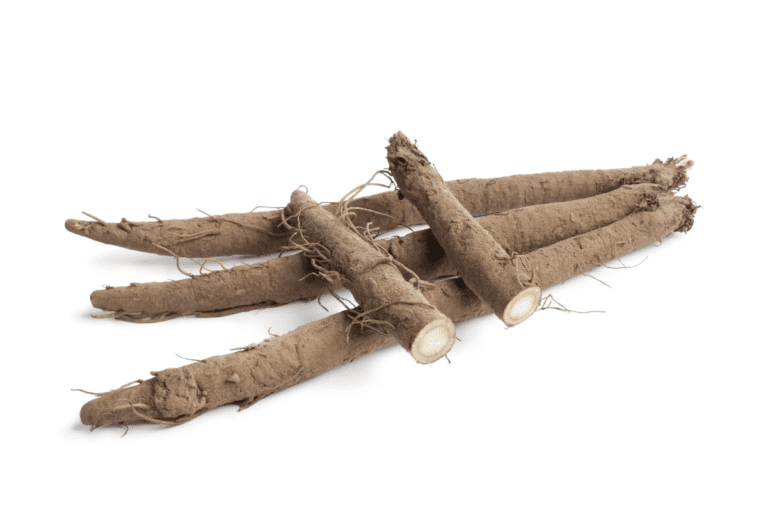

Burdock Root Benefits & Healing Recipes
These burdock root benefits will make you want to put this healing plant in your pantry!
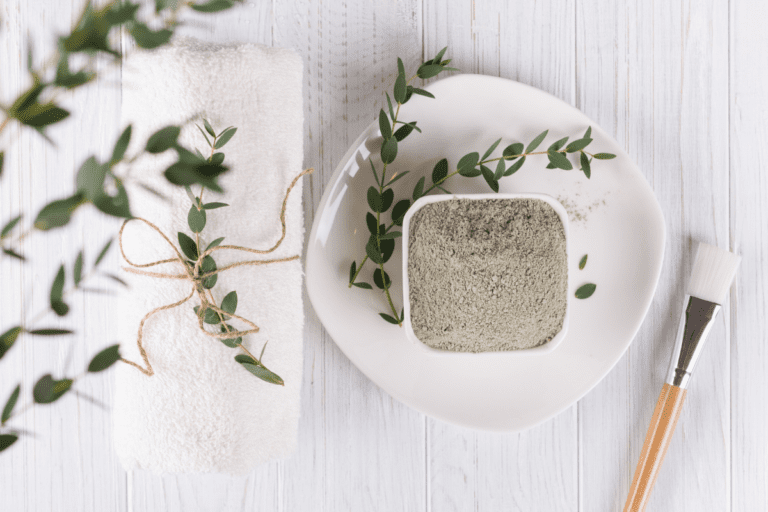

Incredible French Green Clay Benefits For Glowing Skin
Here are all of the incredible french green clay benefits for gorgeous, calm, healthy skin.


11 essential oils for PCOS relief and support
PCOS can be challenging for our beautiful bodies. Here are 11 essential oils for PCOS that can help make it a little easier.


How to use essential oils in the shower to heal everything
Here’s how I use essential oils in the shower, plus a few recipes!


How to make a perfect herbal sitz bath
Here are the perfect herbs for a healing sitz bath.
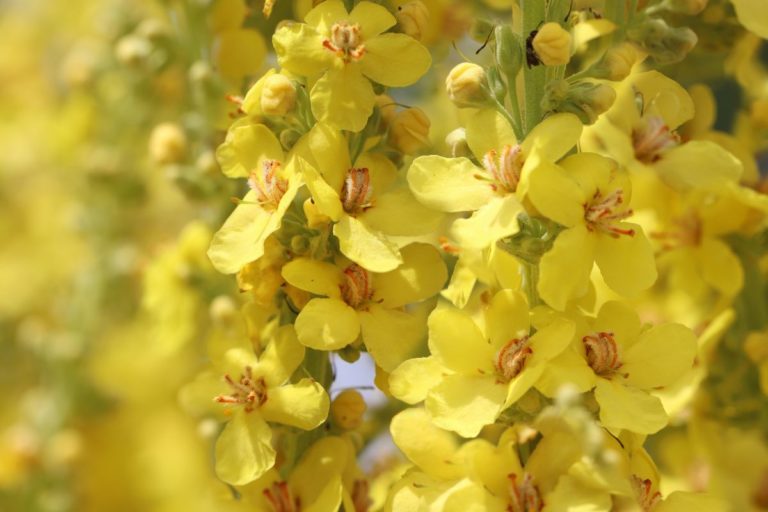

Exploring Mullein Plant Medicinal Uses (And Recipes)
Discover the medicinal benefits of the mullein plant for respiratory issues, skin conditions and ear pain. Plus a few recipes for your own home remedies.
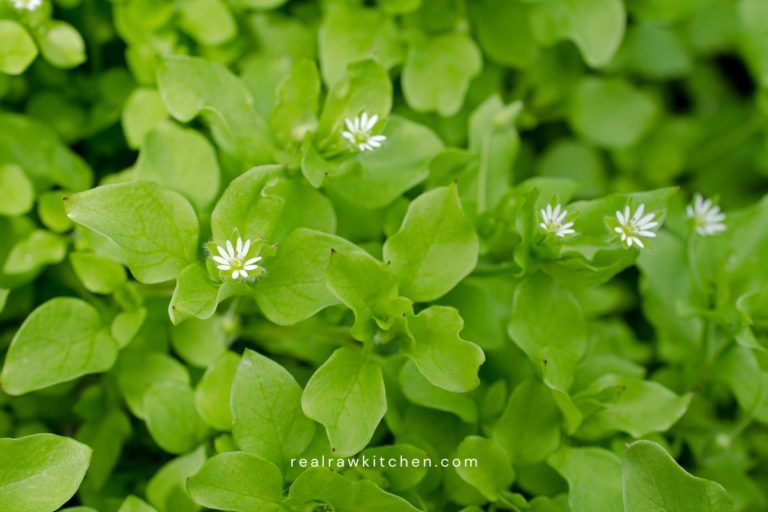

Chickweed health benefits for your home
Learn more about the chickweed health benefits and why you’ll want it in your own home medicine cabinet.
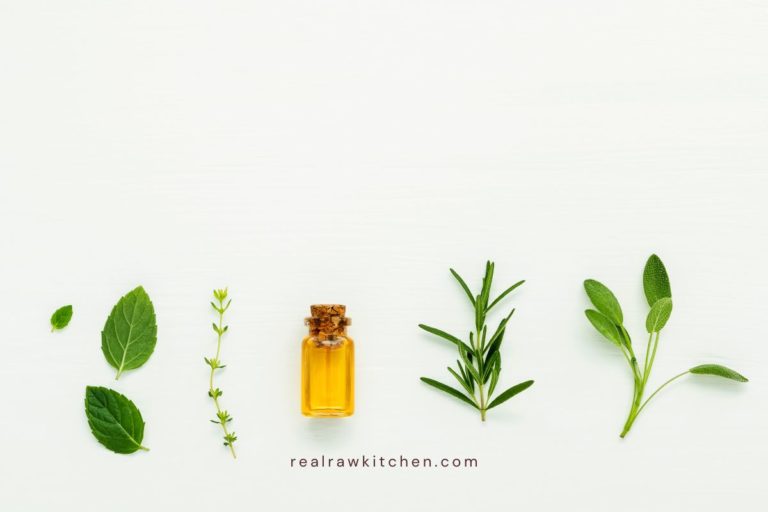

How to infuse herbs in oil: 6 ways to to make herbal infused oils
I love using fresh herbs for different medicinal and beauty recipes. These are my favorite ways to infuse herbs in oil quickly.
